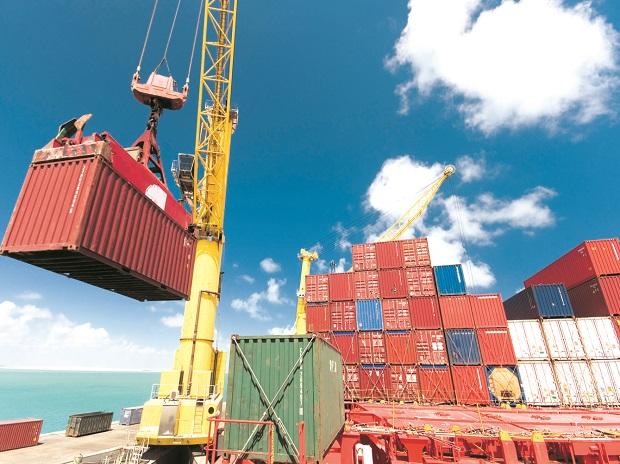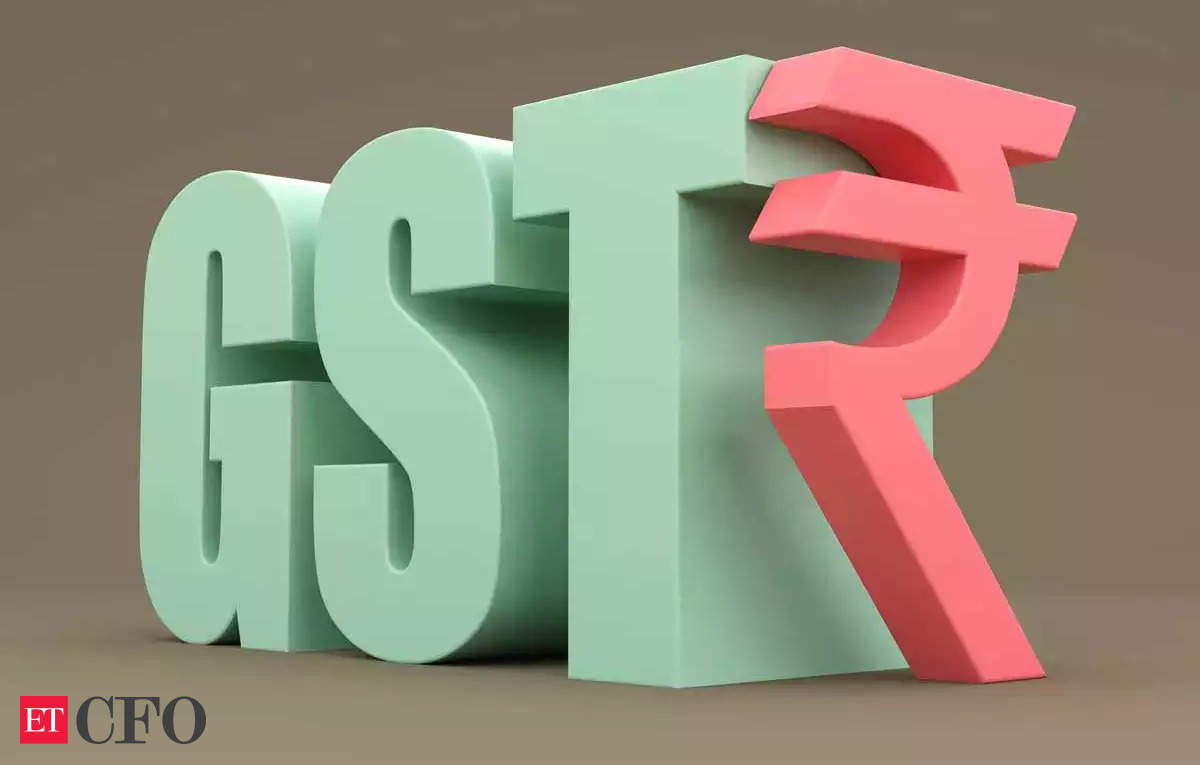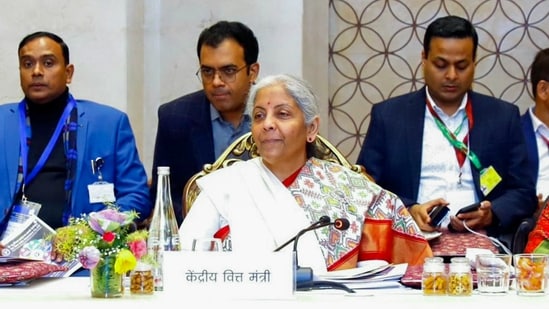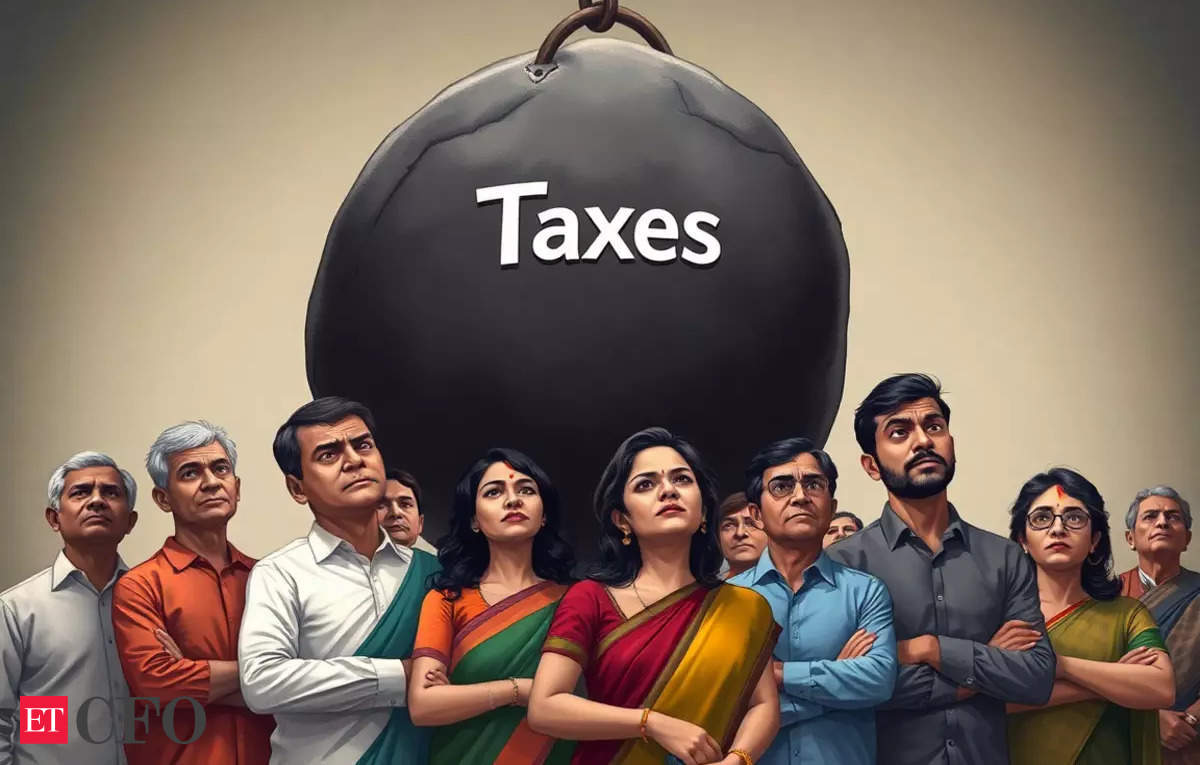As it examines the need for new legislation to refurbish the country’s special economic zones (SEZ), the Centre could discard the proposed Development of Enterprise and Service Hubs (DESH) Bill, according to a report by The Economic Times (ET).
Officials were quoted as saying that instead of putting in place new legislation, discussions are on to make changes to the existing SEZ Act. The government could decide on the matter before the winter session of the Parliament.
ET reported that the Ministry of Commerce and Industry is eager to permit units in these zones to sell in areas outside SEZs, called domestic tariff areas (DTA), without the payment of customs duties.
An official told ET that discussions are taking place on whether the DESH bill will be passed or the SEZ Act will be amended. Another source said that the commerce department is preparing a cabinet note on the suggested changes.
The proposed amendment would deal with the demand for SEZs to be allowed to sell in the domestic market and that all duties relinquished on raw materials should be paid back. Business Standard had earlier reported that the finance ministry had objected to offering any tax concessions, fearing it could kick-start a debate about extending the incentive for companies outside SEZs.
The finance ministry was also against the clause allowing units to sell in the domestic market with duties to be paid only on imported raw materials and inputs instead of final products. Finance Minister Nirmala Sitharaman made the announcement of the DESH Bill in the Union Budget in February 2022.
What is the DESH Bill?
The draft DESH Bill seeks to set up “development hubs” for promoting economic activity, generating employment, integrating with global supply and value chains, maintaining manufacturing and export competitiveness, developing infrastructure facilities, and promoting investments, including in research and development (R&D). Such hubs will also include existing SEZs.
Business Standard had reported in October that the legislation might reintroduce the ‘positive net foreign exchange (NFE)’ criterion, a primary requirement for SEZ units, and remove the proposal of a ‘freezing concessional corporation tax rate until 2032’.
Visit www.cagurujiclasses.com for practical courses











